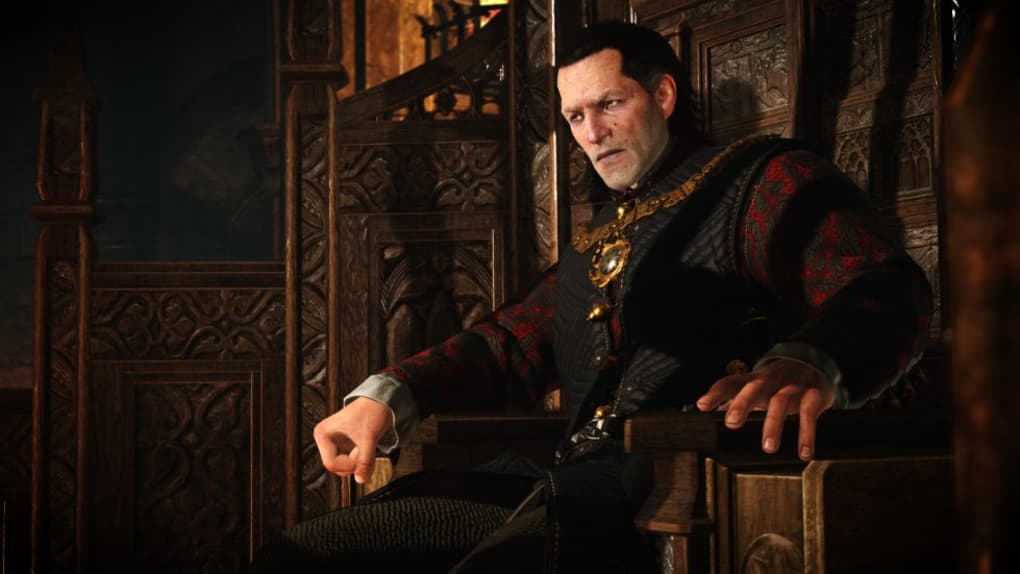Article
5 ways gaming can make you an awesome musician
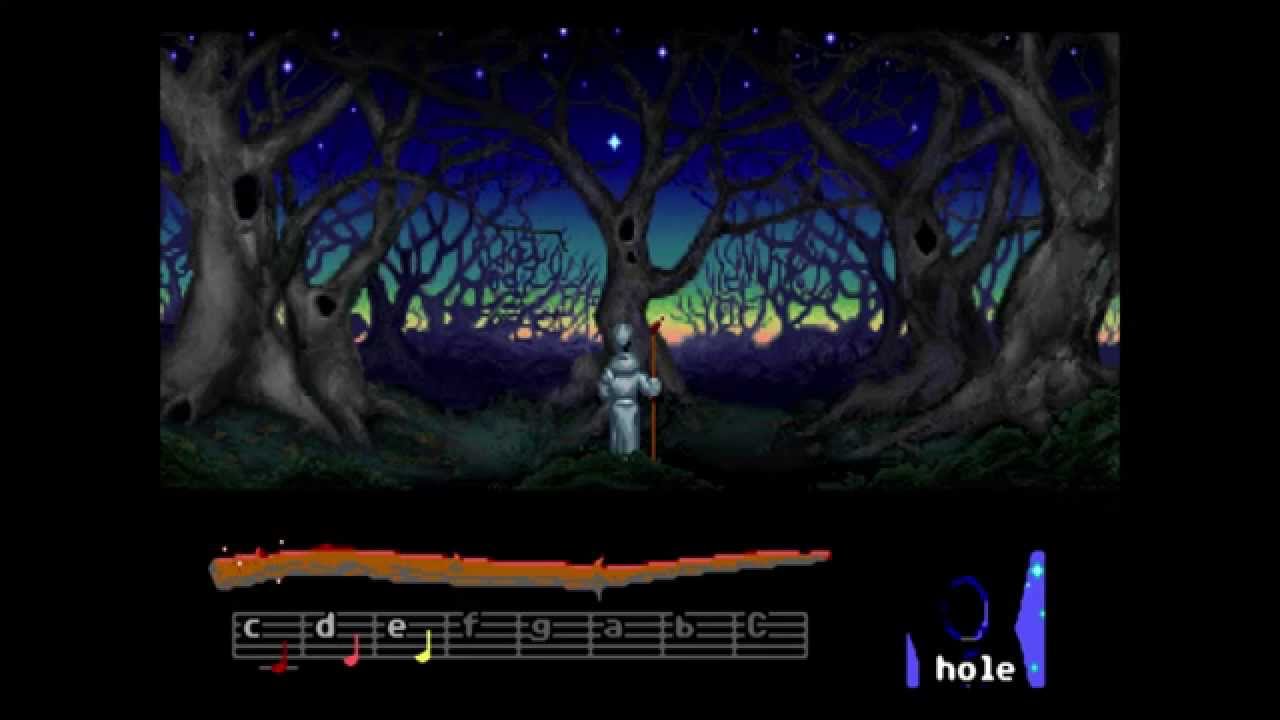
- July 30, 2018
- Updated: March 7, 2024 at 5:48 PM

Just because you’re a rock legend in Guitar Hero or Rock Band doesn’t mean you’re actually a good musician.
But could it?
The debate has been going strong ever since the release of the original Guitar Hero in 2005. While research indicates that video games do help with both cognitive and physical health, can they really help instill musical talent?
The first thing to realize is that music is a culmination of several subjects. Music is equal parts science, math, language, history, exercise, and – most of all – art. When you put it that way it’s almost harder to find a subject that doesn’t relate to music.
If you’re playing a video game with a strong focus on history (Civ 6 for example), it makes sense that it would help you better appreciate the historic implications of music, whereas a game like Dance Dance Revolution is both parts musical and physical exercise.
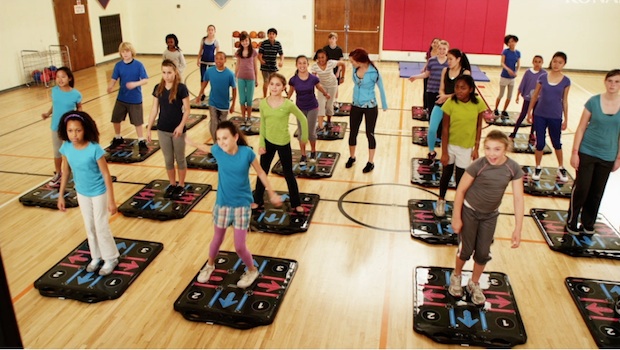
We’ve compiled a list of 5 big ways that video games can help teach music. You might be surprised just how many connections there are.
5. Know your role
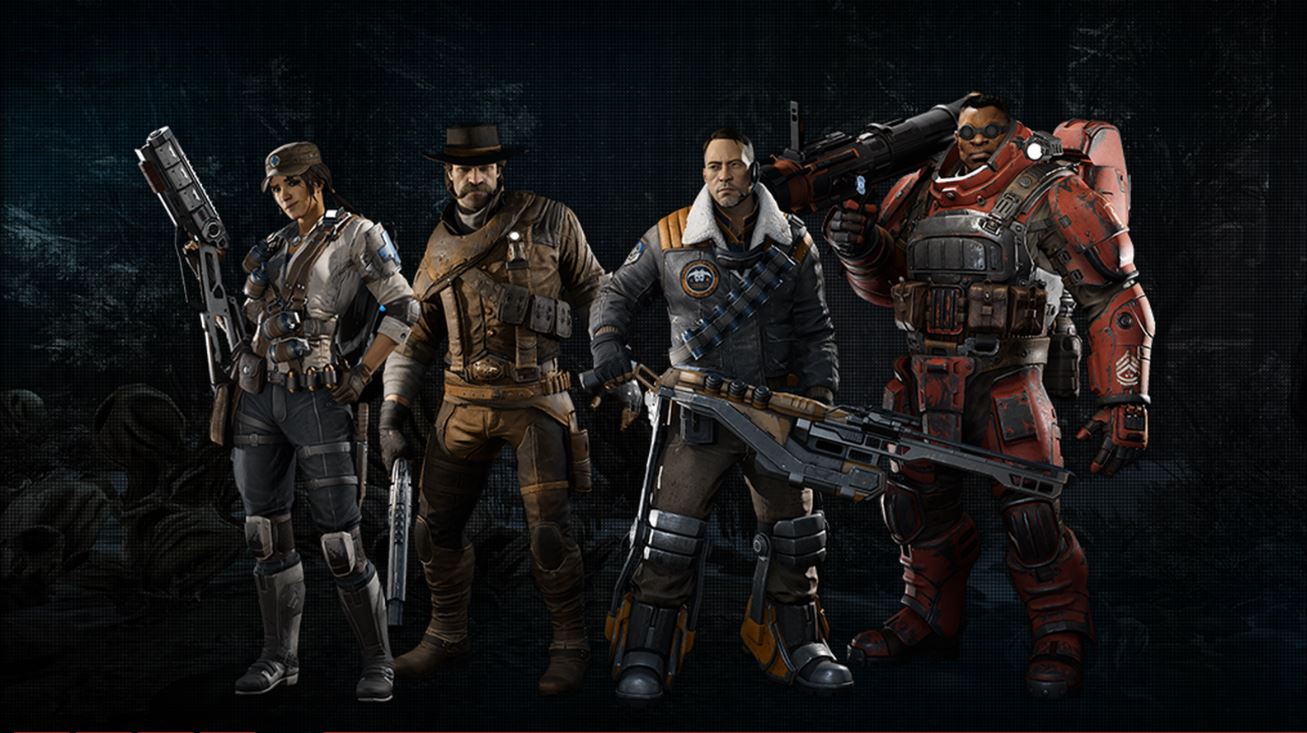
Video games across all genres can revolve around good teamwork. Great examples are titles such as Overwatch, Evolve, Borderlands, Star Wars Battlefront, or Team Fortress 2.
Team Fortress 2 is a class-based shooter with two competing teams. Players can pick from an assortment of characters like the Pyro, the Spy, the Scout, the Soldier, or the Medic. It’s all about knowing your role, and knowing where your unique talents are best put to use. Video games teach that there’s a shining moment for every weapon type, every class, every spell, and every character.
Or at least every character besides Yamcha.
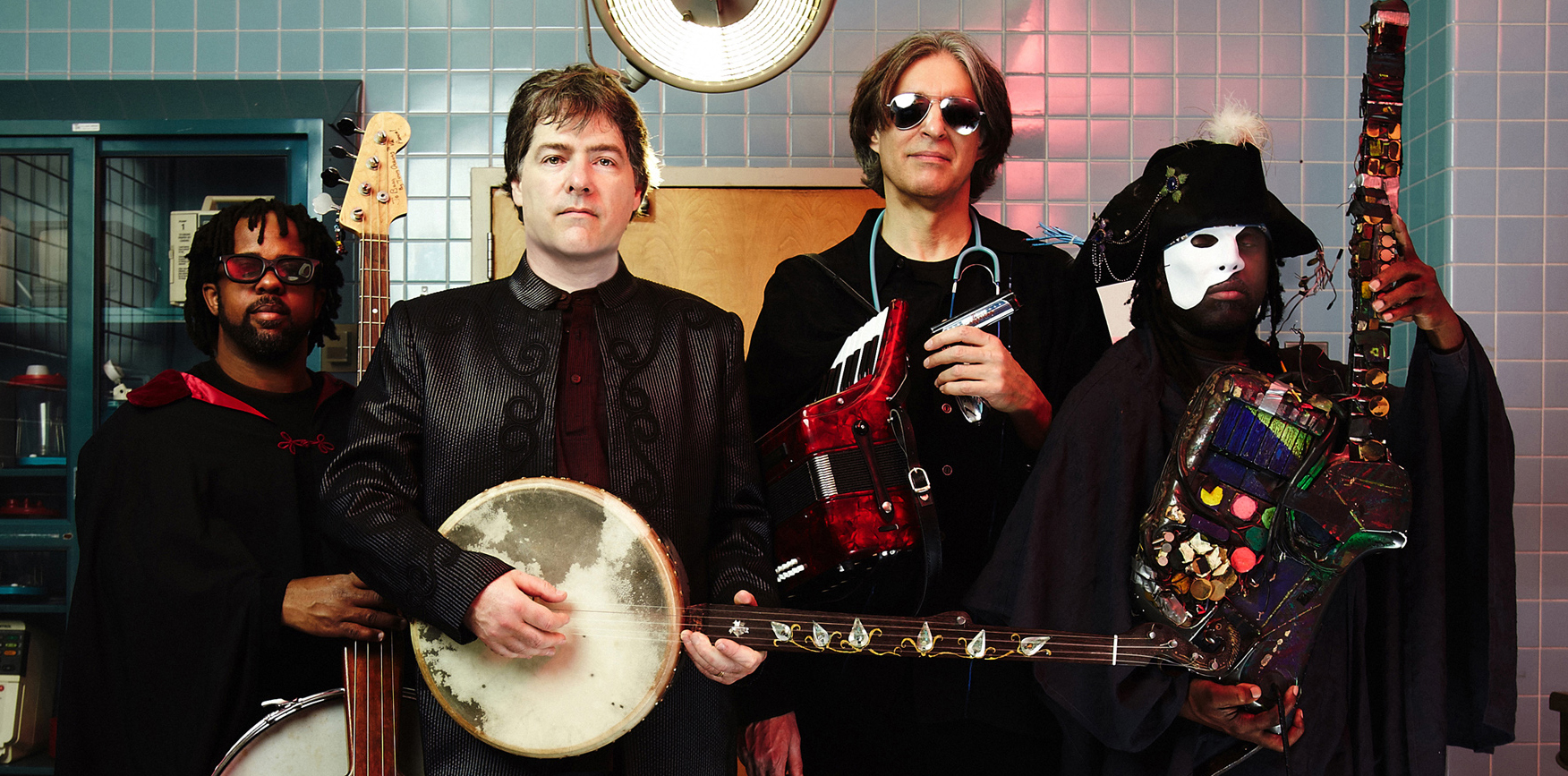
Playing music in a group setting like a band, an orchestra, or a choir is all about knowing your role too. Are you the lead voice? The harmony? The rhythmic pulse? You play a specific part in the music you’re creating. Know when you’re needed, but don’t overstep your boundaries.
Being a good musician extends past just knowing the ins and outs of your instrument – it’s about blending and listening, leveling and mixing, playing and resting. Just because you’re a trumpet doesn’t mean you won’t have moments where you need to play quietly, or just because you play bassoon doesn’t mean you’ll never be asked to be the lead melody. Video games can help you learn when it’s your moment to shine, and when it’s time to pass the ball to another player.
4. Different settings, different genres, different music
Video games have come a long way since the beeps and blips of arcades or early Mario games. Modern AAA titles hire professional composers like Jeremy Soule, Martin O’Donnell, or Jack Wall. We dare you to play any track from Arcanum: Of Steamworks and Magick Obscura for a skeptic. We guarantee they won’t believe that it’s from a video game.
But does a professional quality soundtrack equate to a game “helping you learn about music?”
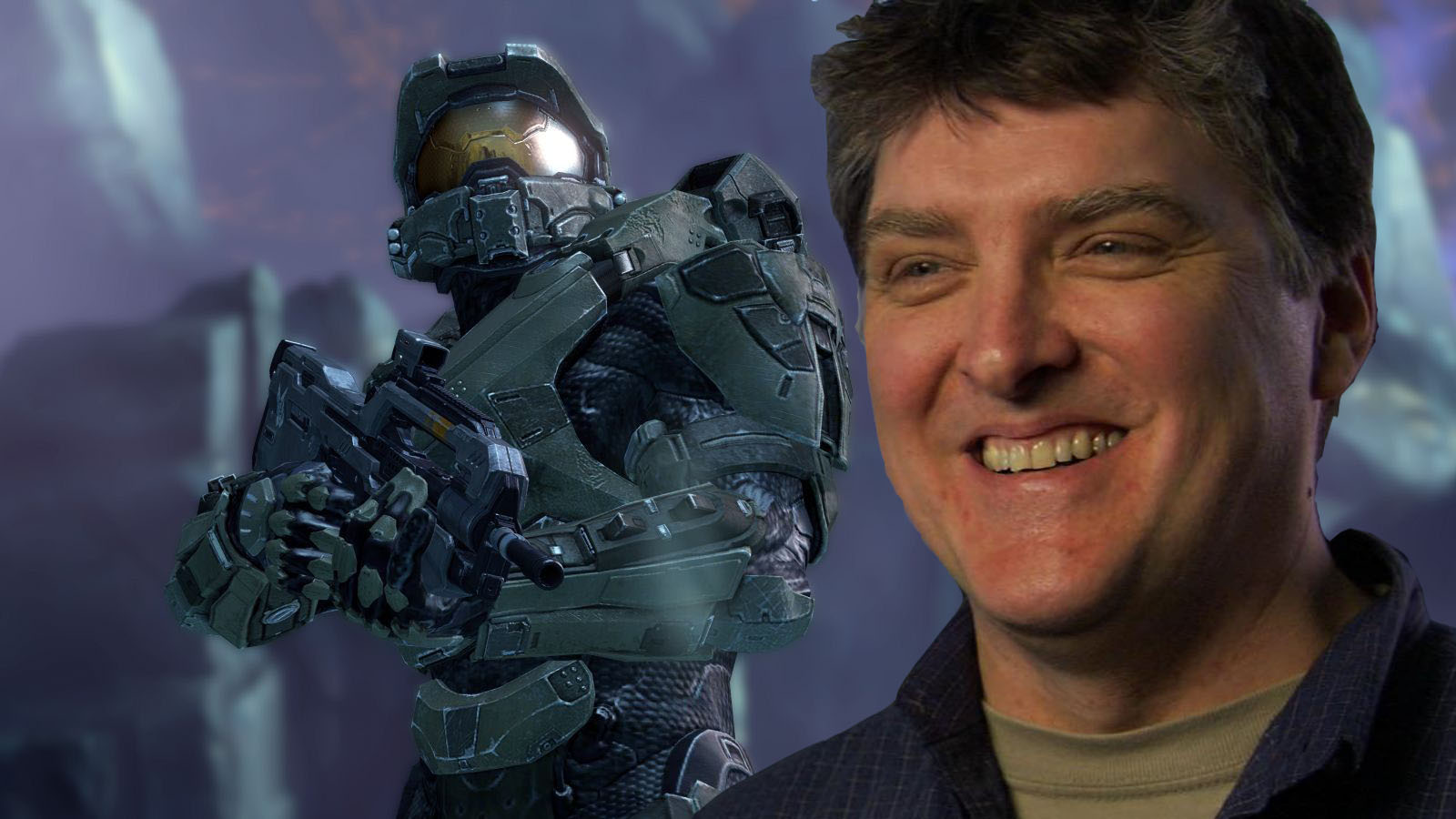
Yes, it can.
A truly well-crafted game will not skimp on music that fits the game’s setting. Let’s look at the Witcher series, for example. Based on the works of Polish author Andrzej Sapkowski, the Witcher games are entrenched in Slavic lore and oozing with medieval fantasy. Check out the soundtrack and you’ll hear that it’s kept very true to the roots of the literature. Check out this article that describes the composition process for such a title.
It’s not just Witcher either – listen to the Japanese influence in the title track for Shadow Tactics: Blades of the Shogun, or the entire album for Civilization V: Brave New World. Every civilization in Civ V has its own unique collection of tracks based on the country you play as.
Ancient Greece’s peace theme in Civ V is a take on Epitaph of Seikilos, the oldest piece of music known to mankind – the melody and lyrics of which are etched on a tombstone that could date back as far as 200 BC. Music is history, and games can introduce a widely colorful array of music genres, instruments, composers, and scores.
3. Soundtrack matches the visuals
Just like with film, the accompanying soundtrack is determined and defined by the action taking place on-screen. Sometimes that action is the result of scripted events, and other times it’s the result of something that you did as the player.
You might be in the middle of a stealth mission in Splinter Cell: Chaos Theory when the music suddenly shifts to indicate that a guard has spotted you. Or it could be you’re roaming around in Elder Scrolls V: Skyrim when suddenly you’re set upon by a dragon.
Tonal shifts or modulations in music are nothing new. They can add a refreshing flavor to a piece, or they can be used to introduce a new direction or theme. It’s not just key changes either – jazz musicians like Horace Silver or Frank Zappa often change a song’s time signatures too.
Musicians who are more often exposed to songs where the time or the feel will change are not thrown off as easily the next time it happens. Additionally, anticipating tone shifts and recognizing modulations can help with visualizing the narrative of a song, lending insight and relatability to your own performance – something that any musician will tell you raises your musicianship to the next level.
2. Video games are reactive
The old slogan for Electronic Arts was to “challenge everything.” Video games are competitive at their heart, and for any competition, you need at least two entities: Yourself, and the opposition. You need to have someone or something to compete with, be it the AI, a high score, or another player. A player’s actions are always determined by what is seen on the screen. Moreover, their actions in a multiplayer game are determined by those of the other players, whether their intent is cooperative or competitive.
Let’s look at Street Fighter 4, for example: You can know all the moves and combos for Ryu, but that doesn’t mean you’ll always be playing as him with the same strategies. A fight with M. Bison is going to look and feel very different from a fight with Chun-Li. That’s because they’re two very different opponents.
What determines who wins the match is hugely dependent on who reacts and counters more appropriately, capitalizing on their character’s strengths and their opponent’s weaknesses.
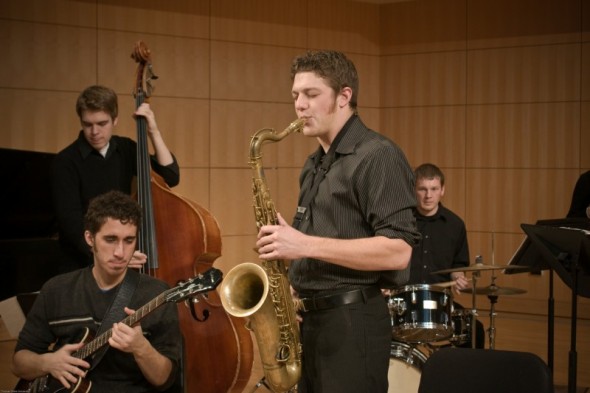
Playing jazz in a combo setting is all about reacting to other players and carrying on a musical conversation with them. Similar to our first point, listening is hugely important.
If you’re playing keyboard and the drummer suddenly changes the style underneath you, you’ve got to match the change. If the saxophone just finished an improvised solo, how did their solo end? Can you begin your solo on the same note and pick up where they left off?
Video games teach players how to handle a dialogue with another player. That dialogue might be literal words, or it may be a combination of button presses that demand a certain retaliation. Music and games are both reactionary conversation.
1. The grind
Ask any musician “how they got so good” and they’ll immediately say it was through practice. Talent plays a part too, but no one wakes up a virtuoso. The legendary jazz saxophonist Charlie Parker allegedly practiced anywhere between 11 and 15 hours a day for over three years to achieve the technical facility he was famous for. Put the work in, and eventually, you’ll have the skills to show for it.
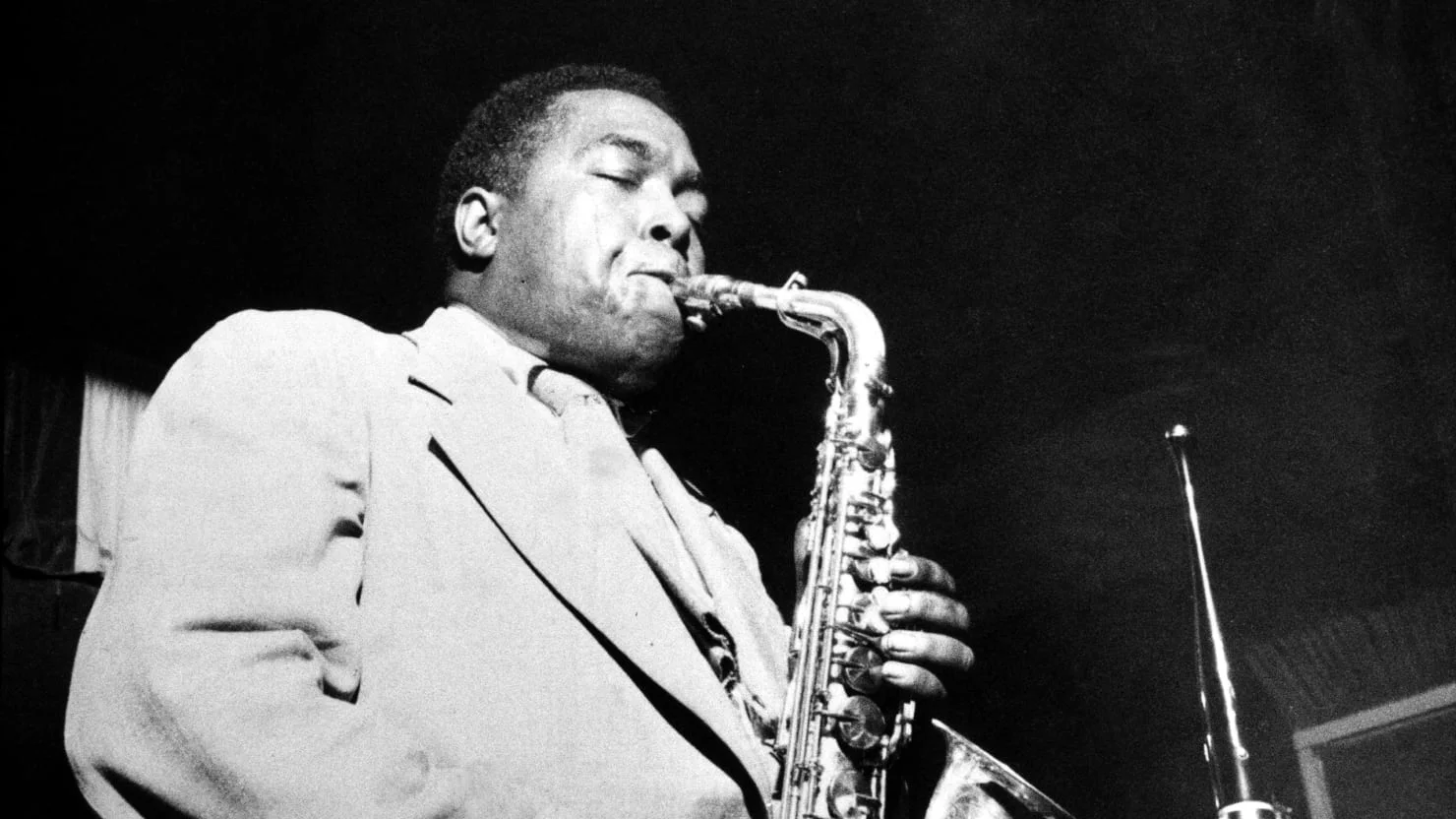
There’s a practice method for every video game out there, too. Mortal Kombat IX even has a room specifically for practicing mastering a character’s combos, or learning the proper timing for fatalities. Halo 3 introduced “theater mode” as a means for players to study their matches. They could use it to see their mistakes and improve upon them next time around.
But does landing a 30-hit combo in Dragon Ball Z: Hyper Dimension mean you’ll be a guitar legend?
Well it doesn’t quite work like that. But it does mean you have good diligence, patience, and self-discipline, and those are massively important to succeeding with music.
All of this goes double for games that focus primarily on music – playing with a group in Rock Band, learning the outrageous timing and button combos for Guitar Hero, or learning to train your ear and listen carefully with Loom.
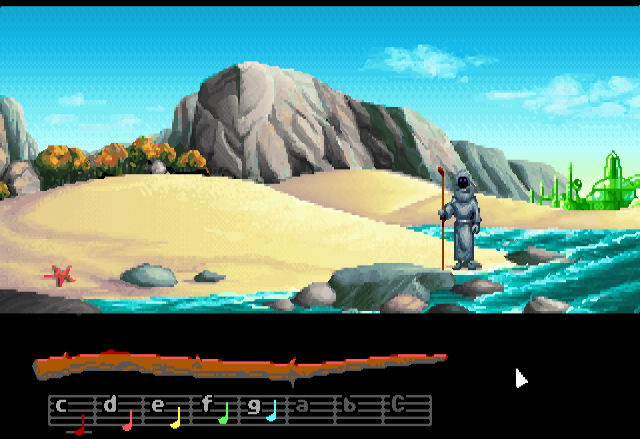
So pick up your controller and hop online to play some Overwatch or some Fortnite. But next time you nervously sit down in front of a piano, remember that video games can teach you a thing or two about listening, knowing your role, and developing a good solid practice routine.
You may also like

Sony raises the price of the cheapest version of the PS5 in many countries again
Read more
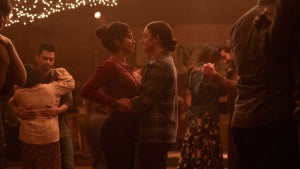
Is the second season of The Last of Us identical to the video game? We tell you some of the differences
Read more

Ellen Pompeo steps away from her role in Grey's Anatomy, but remains committed to the series
Read more
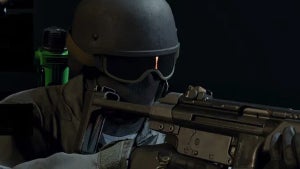
Celebrate 15 years of Black Ops with an event full of rewards
Read more

Rockstar reveals the special bonuses for the April event of Red Dead Online
Read more

It will be the new phenomenon in football games: Sign up for the beta starting April 18
Read more

